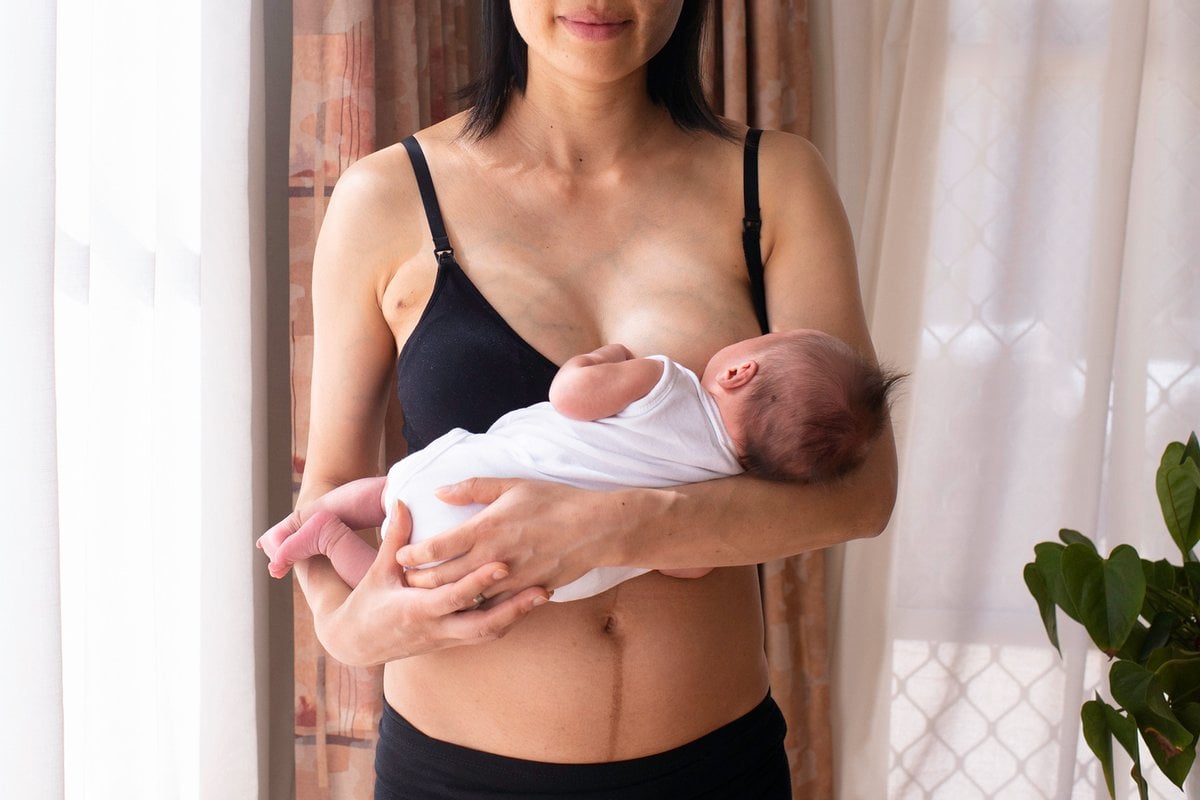
"She latched, but the pain was excruciating – like razor blades every time. I had blisters and bleeding.
"By day 10 she completely refused my breast and would scream at the sight of it. I pumped breastmilk for nine months. The rejection was traumatic.
"I still feel guilt and grief over not being able to breastfeed her like everyone else around me (everyone in my mothers’ group was able to breastfeed).
"No one ever talks to me or asks how I feel about it. It’s an extremely lonely journey and breastfeeding mums will never understand the grief."
Breastfeeding a baby is a very individual experience.
For some women, when it doesn’t work out, they switch to formula with a feeling of relief and never look back.
For others, it’s much harder to give up on the idea of breastfeeding. They struggle on through the pain, and when they finally accept that they can’t continue, they’re left with a sense of grief.
No matter how many times people reassure them that “fed is best”, the sadness remains.
When Mamamia asked women to share their experiences, they came in a rush.
